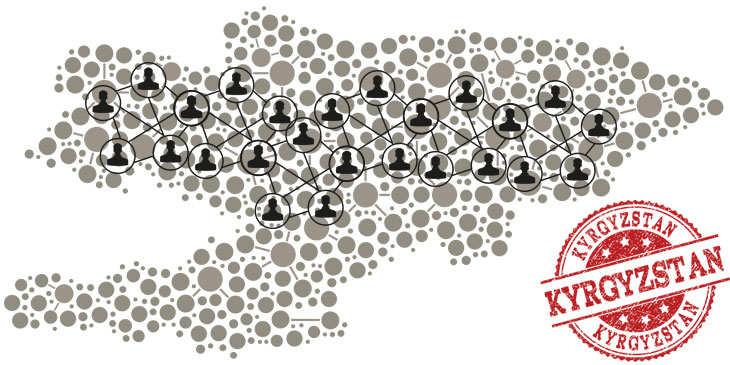The flipside of corruption: State comparisons in India using public service delivery measures
Originally published on GI-ACE Understanding where corruption is high and why is a difficult task mainly because of the difficulties in measuring corruption. Given the well-documented problems with perceptions of corruption, recent literature has focused on objective measures of corruption. Focusing on the delivery of public services, a reliable measure could be the irregularities detected…
Details




